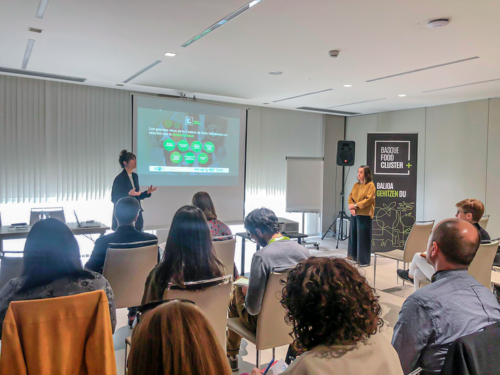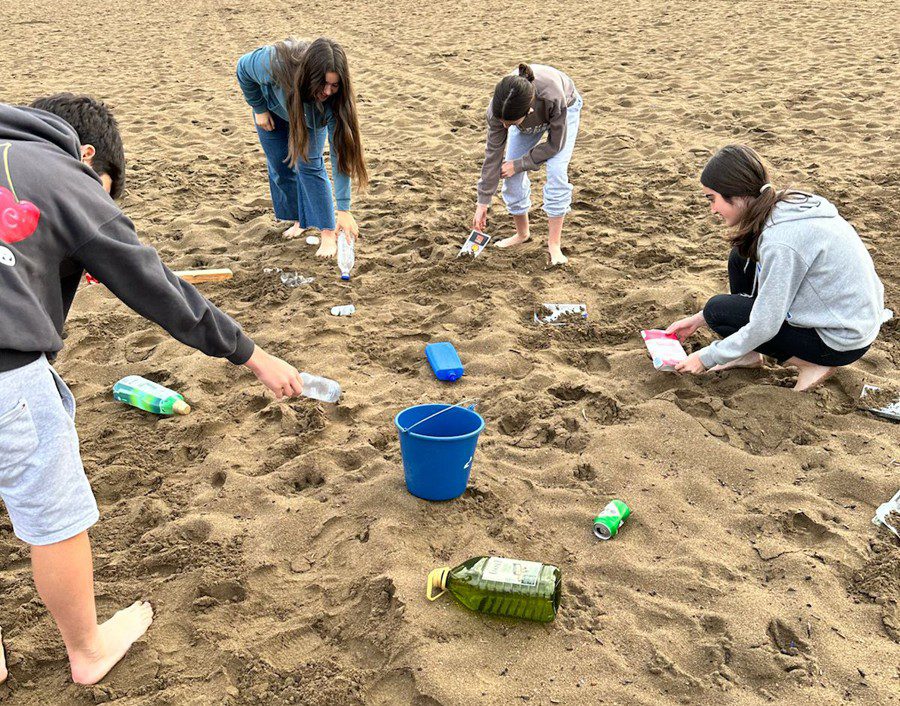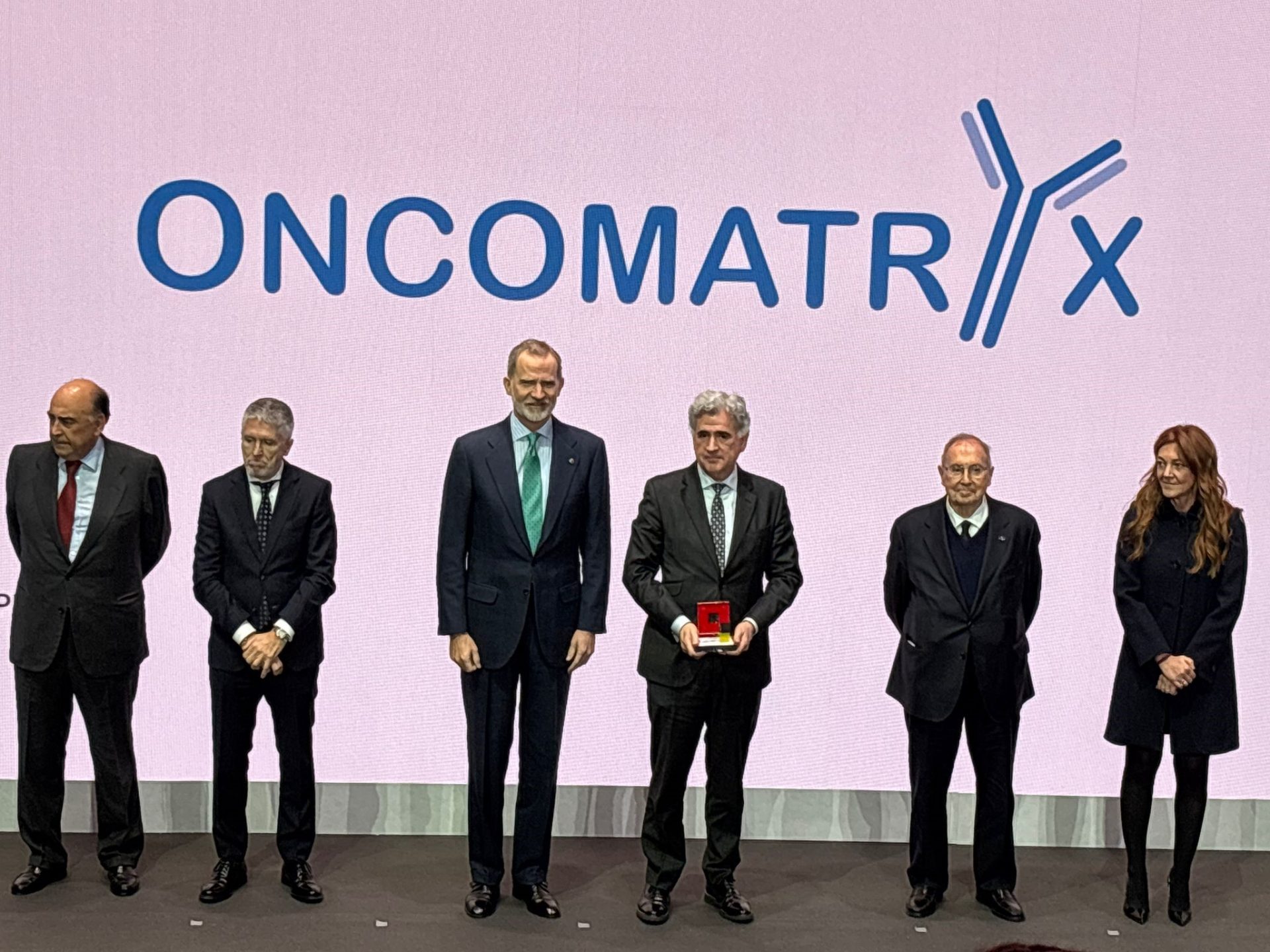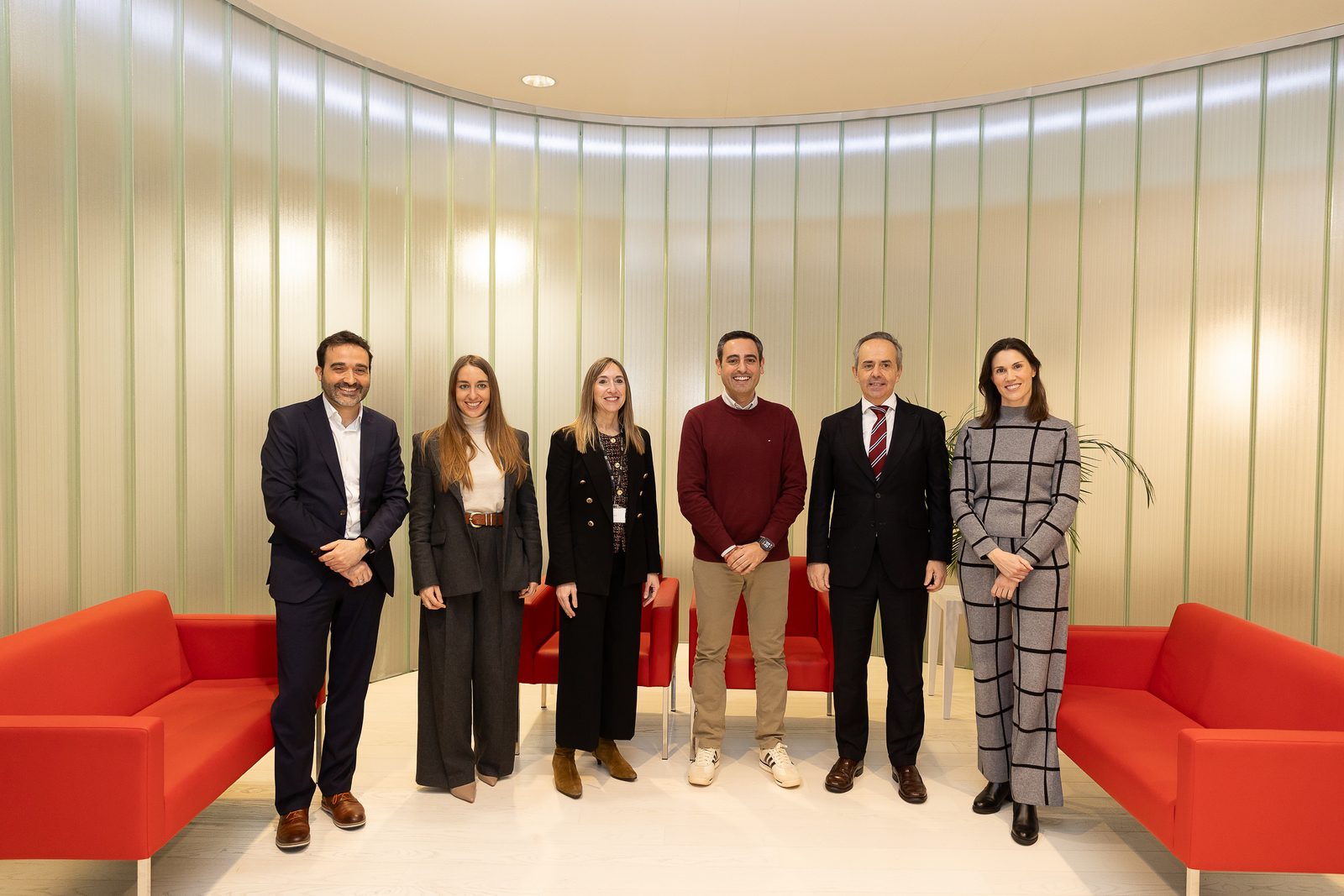More than twenty Basque food companies join in the achievement of the SDGs thanks to the ODSFOOD tool created by the BASQUE FOOD CLUSTER

ODSFOOD, a project promoted and financed by the Provincial Council of Gipuzkoa, allows companies to measure their progress in relation to the Sustainable Development Goals
 A total of 25 food companies in the Basque Country have already incorporated the Sustainable Development Goals into their strategy thanks to ODSFOOD, the tool developed by BASQUE FOOD CLUSTER to integrate the 2030 Agenda into the Basque food sector. This digital platform, created collaboratively with a dozen companies and verified with consumers, allows companies to know their starting point and progress in the implementation of those SDGs that most affect their activity, which allows them to focus their resources where they can have the greatest impact.
A total of 25 food companies in the Basque Country have already incorporated the Sustainable Development Goals into their strategy thanks to ODSFOOD, the tool developed by BASQUE FOOD CLUSTER to integrate the 2030 Agenda into the Basque food sector. This digital platform, created collaboratively with a dozen companies and verified with consumers, allows companies to know their starting point and progress in the implementation of those SDGs that most affect their activity, which allows them to focus their resources where they can have the greatest impact.
Promoted and financed by the Provincial Council of Gipuzkoa, the development of the project has been led by a steering group made up of food companies of different sizes and types of activity: Ameztoi Anaiak, Brioche Pasquier Recondo, Dastatzen Group, Elmubas, Euskaber, Mala Gissona and Xumuxua. This tractor group has been responsible for designing a useful and easy-to-understand diagnostic tool for the sector as a whole. In addition, the project has counted on the collaboration of Askora, Okin, Udapa and Uvesco as advanced companies in the field, and with the contribution of Sinnple, a socio-environmental impact consultancy.
The companies that have been diagnosed with the ODSFOOD tool include representatives from all subsectors of the food value chain in the Basque Country: primary production, processed fish, meat, dairy, bread and milling, beverages, distribution and marketing, the HORECA channel and other industries, such as petfood and ready meals. In other words, the results obtained are representative of the sector.
The conclusions of the project have been presented in Donostia-San Sebastián, in the framework of a conference focused on addressing the challenges of the Circular Economy and the incorporation of the SDGs in the food business. The participating companies highlight that the integration of the SDGs helps them to be more attractive to suppliers, customers and administrations, promoting sustainability and, at the same time, improving their competitiveness. In short, it allows them to adapt to society’s demands, and to be able to generate economic prosperity while improving social and environmental well-being.
Among the 17 Sustainable Development Goals, the most relevant for the companies analysed is number 12: responsible production and consumption. In terms of the areas
areas that they address as a priority, those related to their activity stand out: process, product and people. Once they have made progress in these areas, they focus outwards and implement actions to improve their environment and community, such as supporting social causes or joining initiatives that demonstrate their commitment to the SDGs, such as the Global Compact Network.
However, the data also reveal that, on occasions, the most relevant SDGs for the company’s activity are not those on which it has focused, which shows that there is still work to be done in this area.
Towards a new food business model
In addition to providing detailed information on the situation of each company, ODSFOOD allows a sectoral diagnosis to be obtained, which facilitates the identification of common and specific lines of action for the food sector. This sectoral approach is considered essential to efficiently channel the sector’s contribution to the goals of the 2030 Agenda.
In this sense, the agri-food sector is considered one of the most relevant for the achievement of the SDGs, as it has direct implications on the well-being and health of consumers, the living and working conditions of millions of people, and the planet’s resources.
For all these reasons, ODSFOOD aims to open a path towards a new model of food company in the Basque Country, more aware of its environmental and social relevance, which incorporates issues related to sustainable development into its strategy and better meets the demands of consumers.
The project is part of the Programme of the Department of Economic Promotion, Tourism and Rural Environment of the Provincial Council of Gipuzkoa to promote the generation of opportunities, differential value and sustainability of the business fabric of Gipuzkoa.
BASQUE FOOD CLUSTER
BASQUE FOOD CLUSTER works to improve the competitiveness of companies throughout the Basque food value chain. With a membership base made up of more than 120 companies, organisations and entities, including the leading firms in each subsector, the organisation has established itself as the benchmark agent for the food sector in the Basque Country and the main interlocutor between the business fabric and the institutions. One of its strategic objectives is to support companies in the sector by promoting and boosting cooperation and the development of shared projects of high value in terms of market development, technological innovation and non-technological innovation, knowledge and relations with consumers, as well as attracting and retaining talent.




